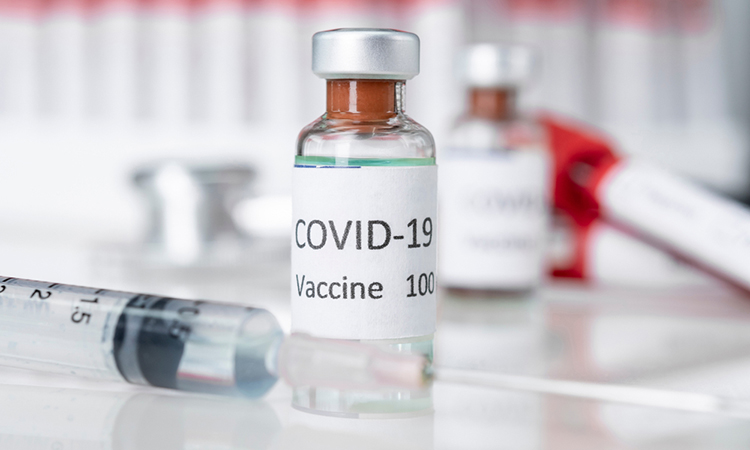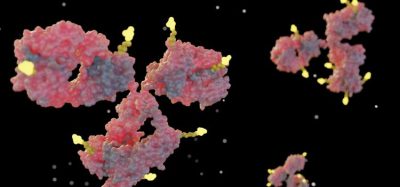Clinical trials to study AstraZeneca’s COVID-19 vaccine resume globally
Posted: 28 October 2020 | Victoria Rees (European Pharmaceutical Review) | No comments yet
Clinical trials for AZD1222, the AstraZeneca COVID-19 vaccine candidate, have resumed across the world after confirmation it is safe to do so.


Clinical trials for the AstraZeneca Oxford COVID-19 vaccine, AZD1222, have resumed across the world with regulators in the US, UK, Brazil, South Africa and Japan confirming that it was safe to do so. The resumption follows a voluntary pause in the clinical trial triggered on 6 September to allow the examination of safety data by independent monitoring committees as part of the standard review process for trial safety events.
The recommendations from these reviews have been supported by international regulators, who also confirmed that the trials were safe to resume.
AZD1222 uses a replication-deficient chimpanzee viral vector based on a weakened version of a common cold virus (adenovirus) that causes infections in chimpanzees and contains the genetic material of the SARS-CoV-2 virus Spike (S) protein. After vaccination, the surface S protein is produced, priming the immune system to attack the SARS-CoV-2 virus if it later infects the body.
The US Food and Drug Administration (FDA) today authorised the restart in the US, following the resumption of trials in other countries in recent weeks. The FDA reviewed all safety data from trials globally and concluded it was safe to resume the trial.
Pascal Soriot, Chief Executive Officer of AstraZeneca, said: “The restart of clinical trials across the world is great news as it allows us to continue our efforts to develop this vaccine to help defeat this terrible pandemic. We should be reassured by the care taken by independent regulators to protect the public and ensure the vaccine is safe before it is approved for use.”
The company emphasises that it is not unusual that in large scale vaccine trials, some participants will become unwell and every case has to be evaluated to ensure the careful assessment of safety.
Results from the late-stage trials are anticipated later this year, depending on the rate of COVID-19 infection within the communities where the clinical trials are being conducted. Data readouts will be submitted to regulators and published in peer-reviewed scientific journals. Rolling reviews of the vaccine programme have already begun in countries where this regulatory pathway has been established, providing regulators access to data as soon as they become available.
Related topics
Clinical Development, Clinical Trials, Drug Safety, Research & Development (R&D), Vaccines
Related organisations
AstraZeneca, University of Oxford, US Food and Drug Administration (FDA)









